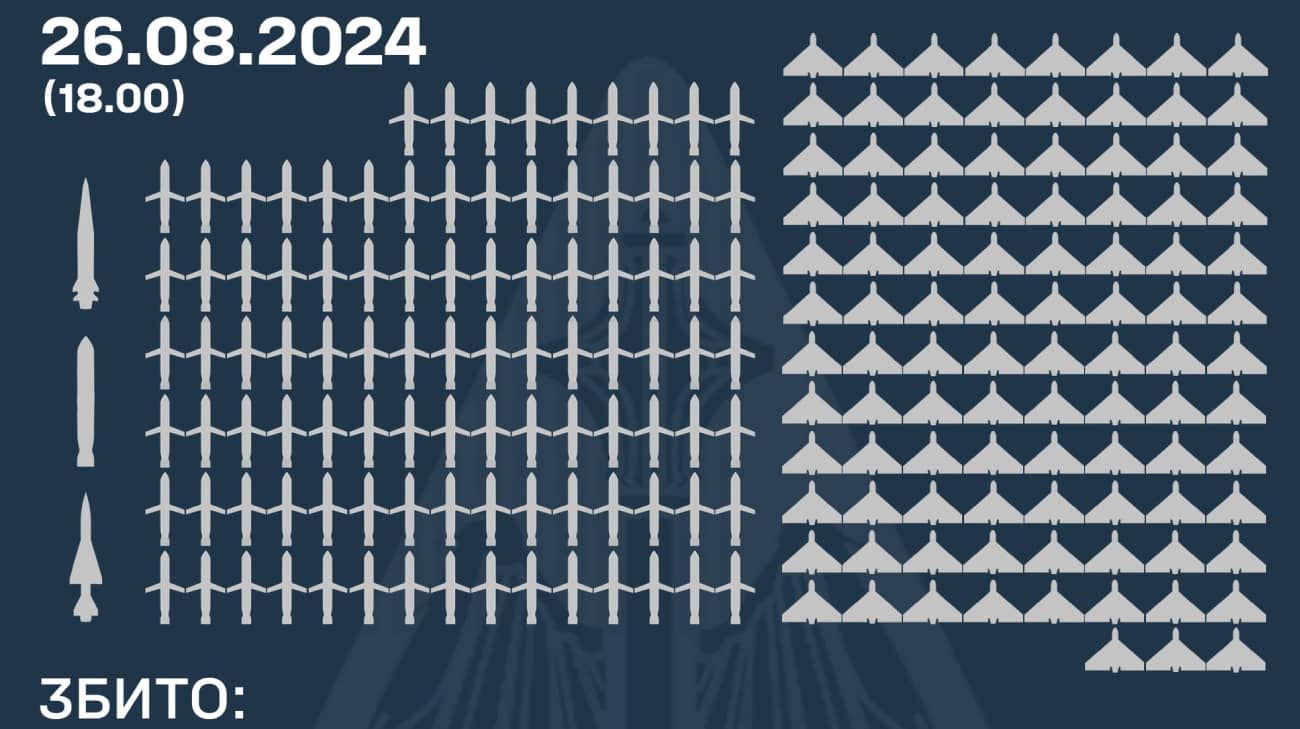What Is Creatine? A Comprehensive Overview And Usage Guide

Table of Contents
What is Creatine and How Does it Work?
Creatine is a naturally occurring nitrogenous organic acid that plays a crucial role in energy production within the body. Specifically, creatine is vital for the production of adenosine triphosphate (ATP), the primary energy currency used by your muscles for contractions, especially during high-intensity activities. The creatine-phosphate system acts as a rapid energy reservoir, replenishing ATP during short bursts of intense exercise. This is why creatine is so effective for improving performance in activities like weightlifting, sprinting, and high-intensity interval training (HIIT).
- Creatine enhances performance during short bursts of high-intensity activity.
- Creatine supplementation increases muscle creatine stores, leading to improved energy availability.
- Creatine improves strength and power output, allowing you to lift heavier weights and perform more reps.
- Creatine can promote muscle growth (hypertrophy) by providing the energy needed for muscle protein synthesis.
Types of Creatine Supplements
Several forms of creatine supplements are available on the market, each with its own purported advantages. However, creatine monohydrate remains the gold standard.
- Creatine Monohydrate: This is the most widely researched and proven effective form of creatine. It's also the most cost-effective option. Numerous studies have demonstrated its efficacy in improving strength, power, and muscle mass.
- Creatine Hydrochloride (HCL): Marketed as having better absorption than monohydrate, the evidence supporting this claim is still mixed. More research is needed to definitively establish its superiority over monohydrate.
- Other forms (Ethyl Ester, Kre-Alkalyn, etc.): These often come with claims of improved absorption and reduced side effects, but scientific evidence to support these claims is often lacking or limited compared to creatine monohydrate.
Benefits of Creatine Supplementation
The benefits of creatine supplementation are well-documented in numerous scientific studies. Beyond its primary role in energy production, creatine offers a range of advantages for athletes and fitness enthusiasts.
- Increased strength and power: Creatine supplementation leads to significant gains in both strength and power output, allowing for increased performance in various exercises.
- Enhanced muscle growth: By providing energy for muscle protein synthesis, creatine supports muscle hypertrophy, contributing to increased muscle mass.
- Improved high-intensity exercise performance: Creatine's impact on ATP replenishment directly translates to improved performance during short, intense bouts of exercise.
- Potential cognitive benefits: Some studies suggest potential benefits for cognitive function, such as improved memory and brain function. However, more research is needed to solidify these findings.
How to Use Creatine Effectively
To maximize the benefits of creatine, it's crucial to understand the optimal usage guidelines.
- Recommended dosage: A typical daily dosage is 3-5 grams of creatine monohydrate.
- Loading phase: A loading phase (20 grams per day for 5-7 days) is optional but may lead to quicker saturation of muscle creatine stores. However, a daily dose of 3-5 grams is equally effective over time.
- Importance of hydration: Adequate hydration is essential for optimal creatine absorption and to mitigate potential side effects. Drink plenty of water throughout the day.
- Potential side effects: The most common side effect is water retention, leading to a slight increase in body weight. This is mostly water weight and not actual fat gain.
Creatine and Diet
The effectiveness of creatine is further enhanced by a balanced diet.
- Creatine works best with a balanced diet rich in protein and carbohydrates. Protein supports muscle growth and repair, while carbohydrates provide energy for training and daily activities.
- Proper nutrition supports muscle growth and recovery. This is crucial for maximizing the benefits of creatine supplementation.
- Consider consulting a registered dietitian or nutritionist for personalized advice. They can help you create a diet plan that complements your creatine supplementation goals.
Conclusion
Creatine supplementation offers significant benefits for enhancing athletic performance and promoting muscle growth. Creatine monohydrate, due to its extensive research and proven efficacy, stands out as the superior choice. By following the recommended usage guidelines, including proper hydration and a balanced diet, you can safely and effectively leverage the power of creatine. Remember, consistent training and proper nutrition are essential for achieving optimal results. Learn more about maximizing the benefits of creatine for your fitness journey! Start incorporating creatine into your routine today and experience the difference!

Featured Posts
-
 Tampa Bay Rays Sweep Padres Game Highlights And Analysis From 104 1
May 16, 2025
Tampa Bay Rays Sweep Padres Game Highlights And Analysis From 104 1
May 16, 2025 -
 Foot Locker Fl Q4 2024 Earnings Analysis Of The Lace Up Plan Progress
May 16, 2025
Foot Locker Fl Q4 2024 Earnings Analysis Of The Lace Up Plan Progress
May 16, 2025 -
 Best Mlb Dfs Picks For May 8th Sleepers And Value Plays
May 16, 2025
Best Mlb Dfs Picks For May 8th Sleepers And Value Plays
May 16, 2025 -
 Ukraina Pod Massirovannym Obstrelom Bolee 200 Rossiyskikh Raket I Dronov
May 16, 2025
Ukraina Pod Massirovannym Obstrelom Bolee 200 Rossiyskikh Raket I Dronov
May 16, 2025 -
 Padres On Deck Can They Finally Dominate The Rockies
May 16, 2025
Padres On Deck Can They Finally Dominate The Rockies
May 16, 2025
